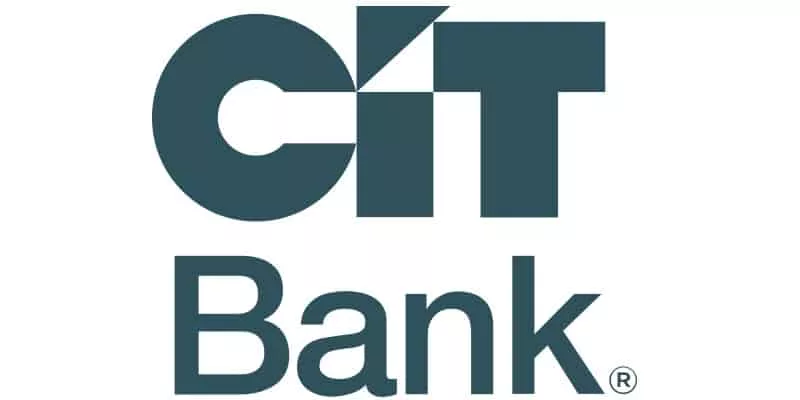Credit card companies market different cards for different consumers. That means you must do your research to find a credit card tailored to your spending habits and goals.
By understanding your options you can find the card that may very well stay with you for a lifetime. A survey showed that 25 million Americans have kept the same credit card for a decade, while another 20 million have never changed the card they use.
5 actions to find the best credit card
1. Check your credit reports and scores first.
You can check all three of your credit reports for free once a month at AnnualCreditReport.com. The condition of your credit will have a huge influence on whether you get approved or not. For instance, if your credit is a little shaky, applying for a rewards credit card might end in a denial. People with a bad credit score should not waste a hard credit inquiry on credit cards for good to excellent scores. Secured credit cards work best toward rebuilding credit history.
Check your FICO Credit Scores that are used by 90% of top lenders prior to applying.
Any errors you find in your credit reports should be disputed with the credit bureaus. The Consumer Financial Protection Bureau provides sample dispute letters that may help.
Checking your credit scores may come with a fee. While there are several free sites that allow you to check your credit score, you want the credit score used by 90% of lenders nationwide. The FICO credit score is the one you want because it's the most widely used score among banks and lenders, plus it tends to be the most accurate.
Credit Check Total also offers FICO scores and reports for $1 but you must begin a 7-day trial membership. You may cancel your trial membership at any time within 7 days without charge. If you decide not to cancel, your membership will continue and you will be billed for just $29.99 for each month that you continue your membership.
2. Find out about qualifying requirements
Once you know where you stand as far as credit scores, find out what type of customers credit card companies are looking for. While most creditors won't specifically state their minimum qualifying requirements, card issuers typically make clear when their card offerings are restricted to people with good to excellent credit or average to fair credit.
Large credit card companies or banks tend to have a variety of credit card offerings over several credit type categories, for instance:
- Exceptional credit – 800+
- Very good credit – 740-799
- Good credit – 670-739
- Fair credit – 580-669
- Poor credit – 300-579
3. Understand your spending habits
Research your spending habits to help determine what credit cards might offer rewards you can cash-in on. Choosing the right credit card will enable you to boost your reward-earning potential in different spending categories. Rewards on credit cards come in different shapes and sizes.
The most common credit card rewards fall into five categories:
- Cash back
- Travel
- Groceries
- Gas
- Entertainment
A good strategy is to choose a credit card that offers higher rewards for purchases you make frequently. The best reward credit card programs are typically reserved for consumers with the best credit scores. You may still qualify for a rewards credit card with less than perfect credit; there just may be fewer rewards options.
A word on cashback rewards. Cash back rewards cards are the easiest to use and understand. Some cash back credit cards like the Discover Cashback Match allows cardholders to earn unlimited 1.0% cash back on every purchase and 5% cash back on your everyday purchases at different places each quarter – up to a quarterly maximum.
A word on travel rewards. Miles or travel rewards cards reward you with miles that you can redeem for airline tickets. The number of miles you can earn varies by credit card and the number of miles you need to purchase a flight varies by frequent flier program. For example, the Citi Platinum Select/AAdvantage World MasterCard can earn you 60,000 AAdvantage bonus miles after you make $1,000 in purchases within the first 3 months of card membership.
Just remember not all rewards are forever. Some card issuers expire your rewards if you don’t use them within a certain amount of time. The best reward programs don’t let your rewards expire.
And, most card issuers will forfeit your rewards if you fall behind on your credit card payments.
4. Review basic credit card terms and fees
Part of shopping around for the best credit card for your needs, it helps to understand the basic credit card terms you’ll come across during your search. Knowing these terms will better enable you to compare offers and make the best choice.
- APR: APR stands for annual percentage rate — this is the interest rate you'll pay if you carry a balance. With most credit cards, you won’t owe any interest if you pay your full statement balance by the due date.
- Annual fee. Some credit cards have an annual fee just to have a particular credit card. It may be worth paying if you'll earn enough rewards and perks to offset that fee.
- Late fee. Borrowers who miss paying at least their minimum payment by the due date may be charged a late fee. In order to avoid late fees, ensure that you pay at least the minimum amount by the due date.
- Balance transfer fee. A balance transfer fee is a fee that's charged when you transfer credit card debt from one card to another. It's usually around 3%–5% of the total amount you transfer. But with so many credit card issuers competing for your business, they often offer introductory balance transfer APRs that are lower than the standard rates; and even some with a zero percent balance transfer fee.
- Foreign transfer fees: Foreign transaction fees are charged by many credit card companies on purchases made in a foreign currency, or on purchases that involve a foreign bank. Foreign transaction fees range from 0% to 3% of each purchase processed internationally.
- Minimum payments: A minimum payment is the lowest amount of money you can pay each month to your card issuer. If you don’t pay the minimum payment, you may incur late fees and could damage your credit rating. And, if you make a partial payment, it can also damage your credit rating.
- Perks: Aside from rewards, some credit cards offer other perks that can be extremely valuable. Airline fee credits, TSA PreCheck and Global Entry credits, airport lounge access, and rental car coverage are just a few examples.
- Rewards: Credit card rewards are usually tied to how much you spend on the account. Rewards may come in the form of points, miles, or cash back you can earn and redeem.
- Sign-up bonus: A credit card welcome bonus, also called a sign-up bonus, is an offer some card issuers make to attract new clients. Typically you must spend a minimum amount to qualify (e.g., $1,000) within a few months of opening your new account. If you meet the spending requirement, you’ll receive a certain number of points, miles, or cash back in return.
- Other perks: Credit card issuers may provide advance access to concert and event tickets and even roadside assistance. Most credit cards offer rental car insurance and travel insurance. Some high-end travel cards will pay for you to enroll in TSA Pre✓? These are just some of the perks credit card issuers offer to entice customers.
5. Apply for your card
The last step is to apply for the card you've chosen. Most credit cards can be applied for online, whether it's a nationwide credit card program or one particular to your local bank or credit union. Generally, you can apply online and get an answer within anywhere from a few minutes to a few days, depending upon the card issuer and your credit history.













